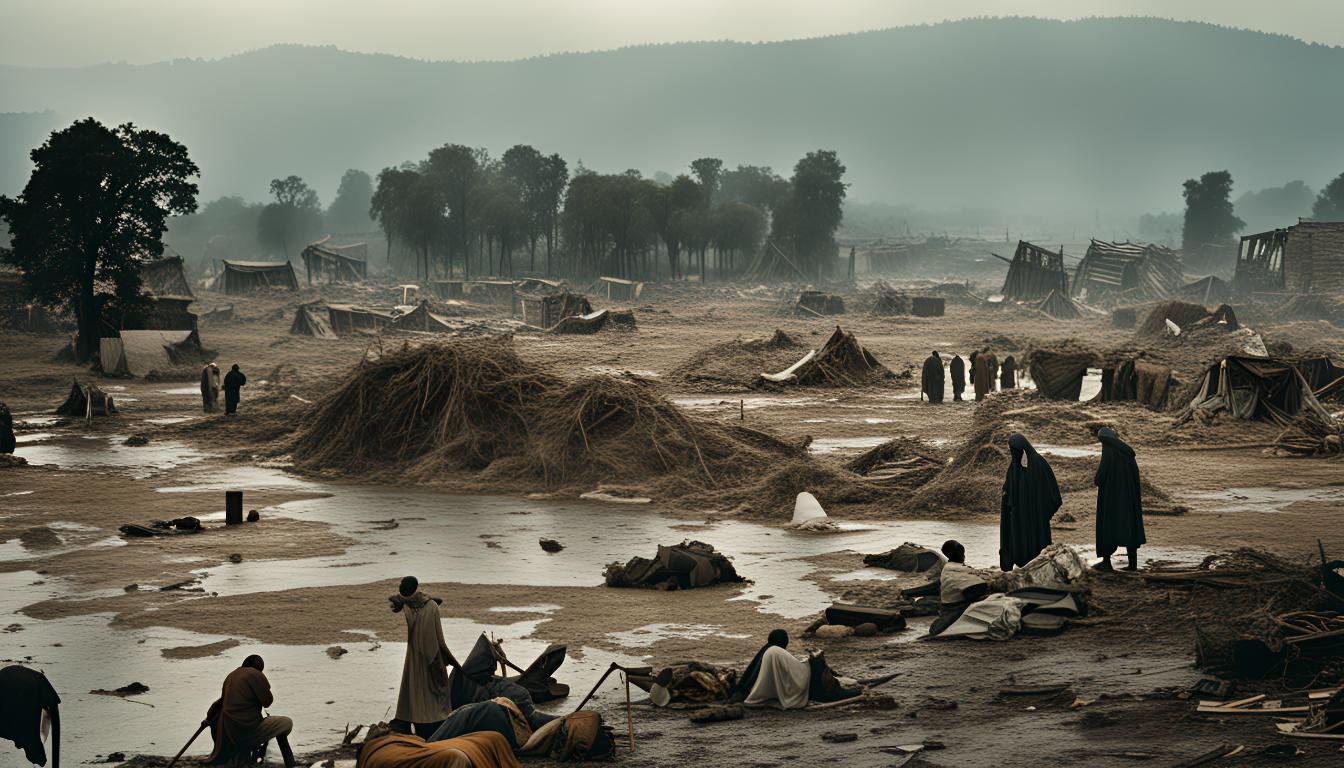
If the dinosaurs had never gone extinct, the world would be vastly different from the one we know today. The extinction event that wiped out the dinosaurs 66 million years ago, commonly believed to have been caused by an asteroid impact, paved the way for mammals to rise to dominance. Without this event, the evolutionary trajectory of life on Earth would have been altered significantly. Let’s explore this alternate scenario.
The Continued Reign of Dinosaurs
Diverse Ecosystems: Dinosaurs would continue to dominate various ecological niches across the planet. Their evolution would lead to even greater diversity, with species adapted to all kinds of environments, from deep forests and swamps to open plains and deserts. Large herbivores and predators would still roam the land, potentially leading to the development of new and unique species over millions of years.

Mammalian Evolution: Mammals, while present during the age of dinosaurs, were mostly small and nocturnal. Without the extinction event, they would remain in the shadows, unlikely to evolve into the dominant species they are today. This means no primates, and subsequently, no humans.
Avian Dinosaurs: Birds, which are descendants of theropod dinosaurs, would still exist and likely diversify further. Their evolution might lead to a broader array of avian species, some potentially very large and filling niches occupied by mammals in our timeline.
Marine Life: Marine reptiles like plesiosaurs and mosasaurs would continue to thrive, impacting the evolution of marine mammals and fish. The oceans would be filled with formidable predators and a unique hierarchy of marine life.
Implications for Earth’s Development
No Human Civilization: Without the rise of mammals, humans would not exist. The dominant intelligent life forms, if any, would likely be a result of dinosaur evolution. Some speculate that certain dinosaur species could have evolved higher intelligence and developed complex societies, though this remains highly speculative.
Different Climate and Geography: The extinction event also had significant effects on Earth’s climate and geology. Without it, the climate might have followed a different path, potentially leading to variations in the development of flora and fauna. The absence of the massive die-off would mean the Earth’s biosphere would be richer in some respects, with long-term ecosystems evolving without major interruptions.
Plant Evolution: The evolution of plants would also be different. Flowering plants became more widespread after the extinction of dinosaurs, so their dominance in today’s ecosystems might be less pronounced. Conifers, ferns, and other plant types might still hold significant sway in many regions.
Speculative Evolution
Intelligent Dinosaurs: Given millions of years, it’s possible that certain dinosaur species could develop higher intelligence. Species like troodontids, which already had relatively large brains for their body size, could evolve complex behaviors, potentially leading to tool use, social structures, and eventually, civilizations. The world might be populated by intelligent, bipedal reptiles with advanced technologies.
Technological Development: If intelligent dinosaurs evolved, their technology and culture would be shaped by their biology and environment. Their architecture, art, and science would be different from human achievements, influenced by their physical capabilities and the continued presence of other large dinosaur species.

The Modern World
In a world where dinosaurs never went extinct, the landscape would be a mix of ancient reptilian giants and evolving new species. Intelligent dinosaurs might construct cities, develop technologies, and explore the world in ways unique to their perspective. The natural world would be a vibrant, competitive environment with a balance of prehistoric and evolving life forms.
This speculative scenario highlights the profound impact of the Cretaceous-Paleogene extinction event on the course of life on Earth, showing how a single event can alter the destiny of an entire planet.




